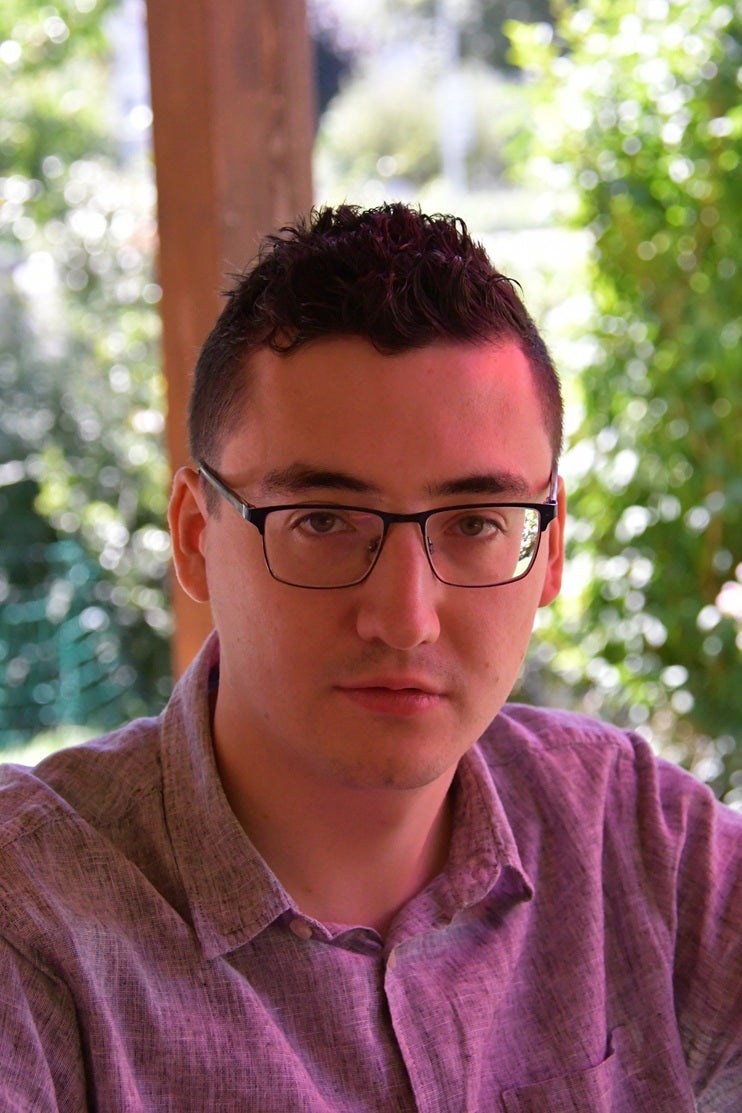The research of theoretical computer scientist Aloïs Rosset consists of two main components: functional programming and graphs.
Rossets research is theoretical in nature, focusing on the formulation and proof of mathematical theorems.
Functional programming
Certain programming languages exhibit a highly mathematical structure. Theoretical investigations in this area help determine what kinds of behaviours can be expressed through programming, how these behaviours can be implemented, and how efficiently they can be executed. Rossets research contributes to improving specific language features known as monads, which play a central role in the design and implementation of modern functional programming languages.
Graphs
The second component of his PhD research is graphs. Data are often stored or represented using mathematical graphs. Algorithms that operate on such graphs frequently rely on precise mathematical properties to ensure correctness, desired outcomes, or even termination. Ensuring these properties hold is therefore critical to the reliability and effectiveness of the algorithms. Rossets work supports the development and optimisation of existing algorithms used in graph manipulation, particularly those already implemented in certain programming language libraries.
More information on the thesis
